(ECNS) -- In 2022, Beijing Customs has issued a total of 4,304 Regional Comprehensive Economic Partnership (RCEP) certificates of origin for 137 companies, with a value of $245 million.
It is estimated that the enterprises have enjoyed tax reduction of 16 million yuan.
Beijing Customs has optimized customs service for RCEP goods since the agreement entered into force on Jan. 1, 2022, when the RCEP members started to enjoy preferential treatment while exporting goods with the preferential certificate of origin.
As key participants of the RCEP agreement, China and Japan established free trade relationship for the first time, bringing new opportunities to the China-Japan economic and trade relationship.
"The RCEP is great for our company. With the certificate, the tariffs on our goods exported to Japan drop from 10 percent to 8.2 percent, and the tariffs will continue to decrease year by year, giving our company more confidence," said Duan Tao, general manager of Chinatex corporation, which has been long engaged in trade with Japan.
A manager from Beijing Dayuan Non-woven Fabric Corporation said his company has saved more than 100,000 yuan of tariffs in one year and he was quite excited after getting the first RCEP certificate of origin in Beijing.
"There are still many companies like Dayuan in Beijing, and trade development potential under RCEP continues to be released," said Wang Wei, a senior official from Beijing Customs.
"For export companies whose products enjoy preferential treatment, the tariff burden was relieved and export expanded," she added.
Japan was the top export destination for the issuance of RCEP certificates of origin, with 4,042 certificates and goods valued at $239 million, accounting for 93.91 percent and 97.55 percent, respectively, according to Wang.








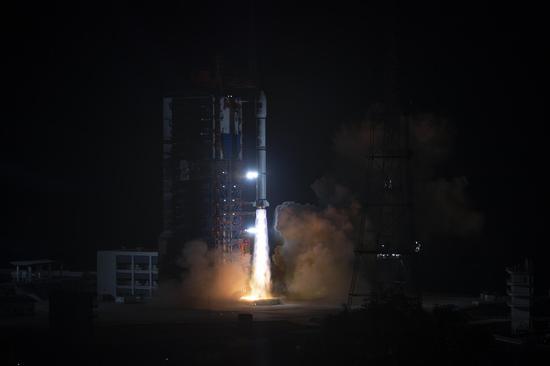
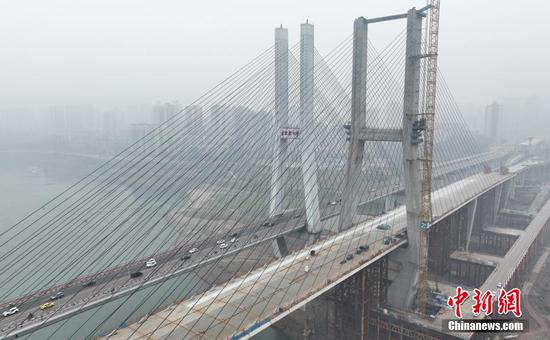
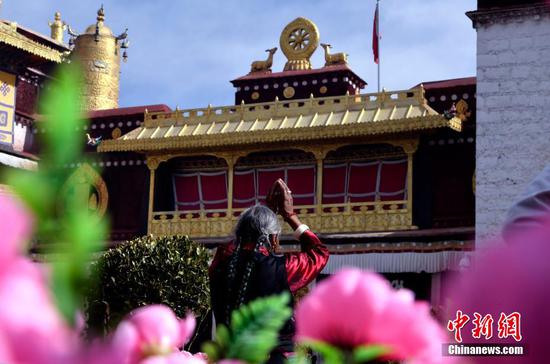
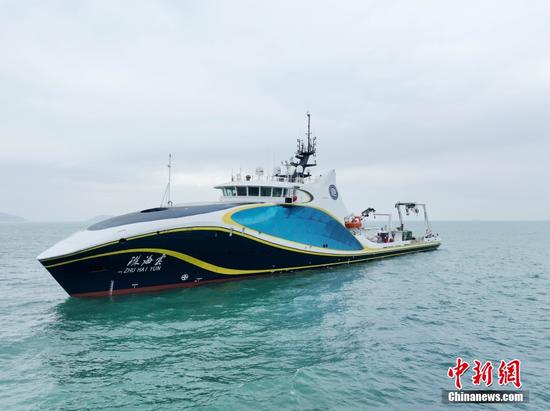
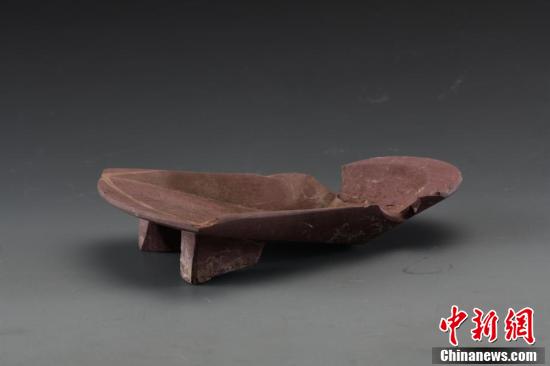
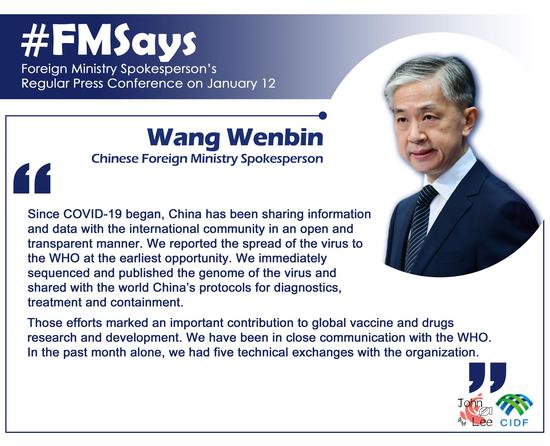
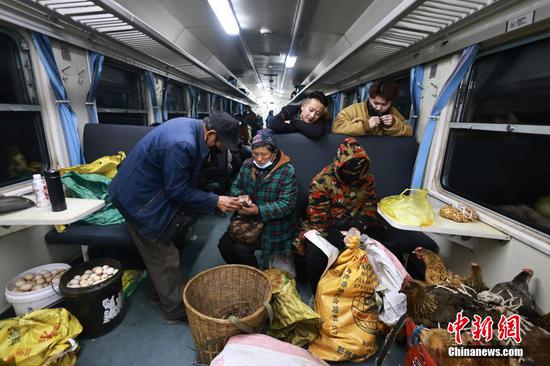
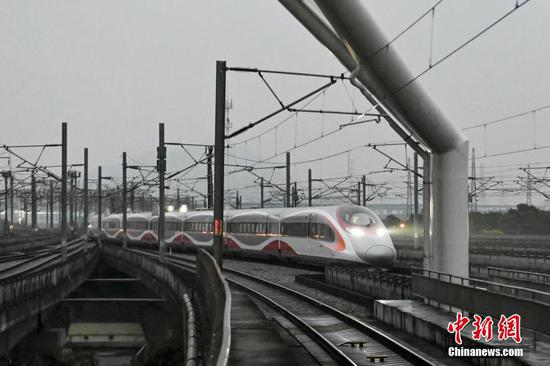
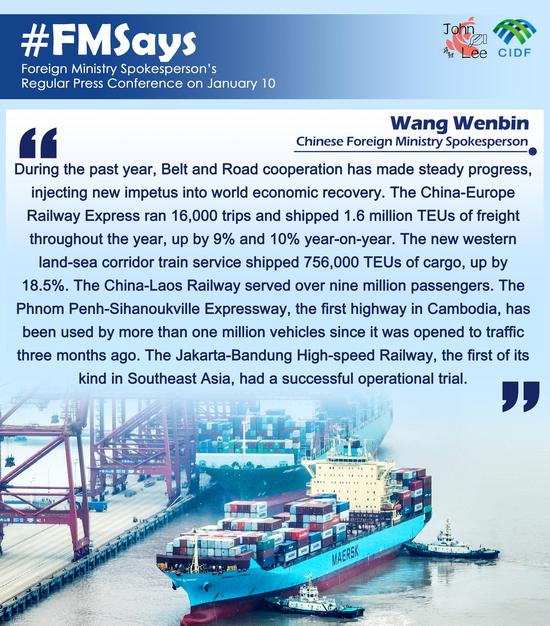
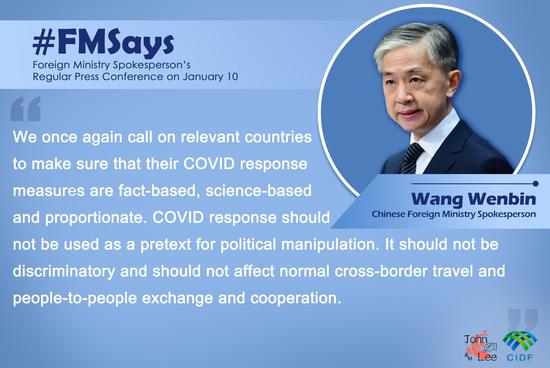
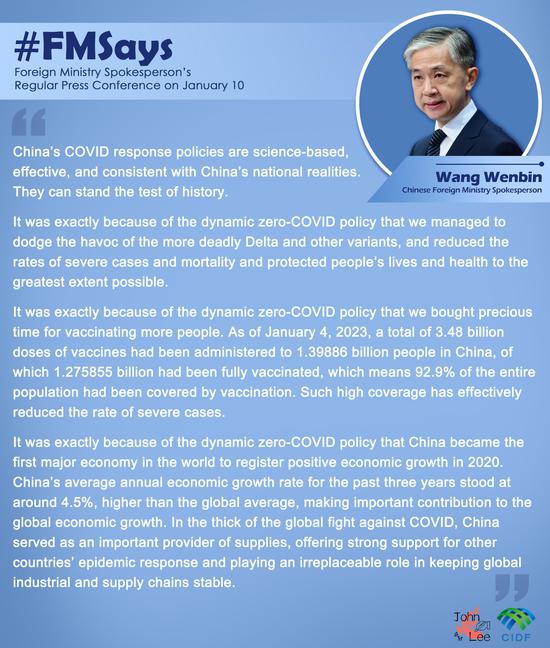
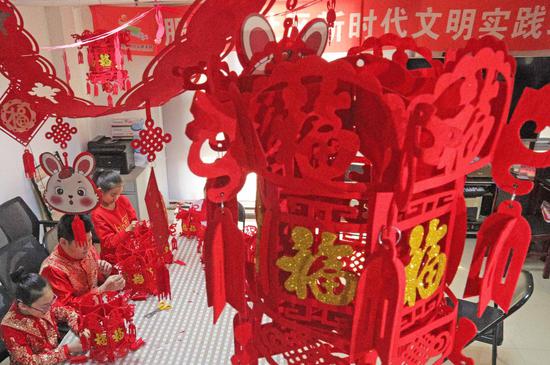

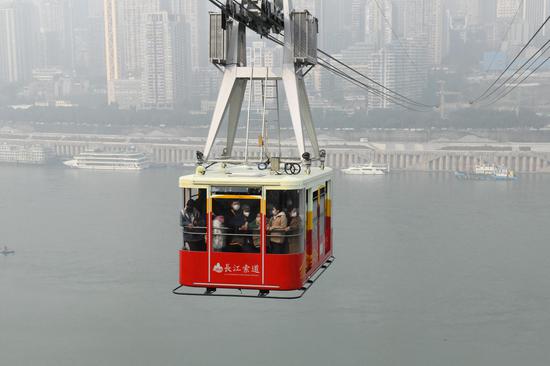
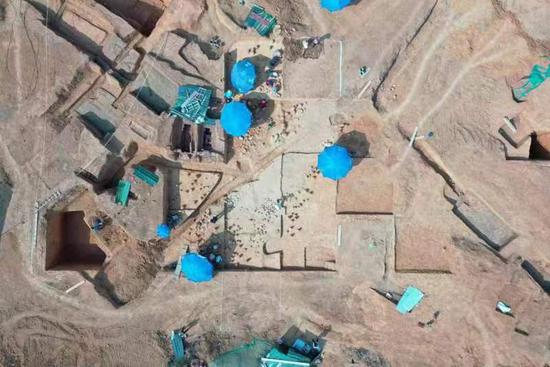

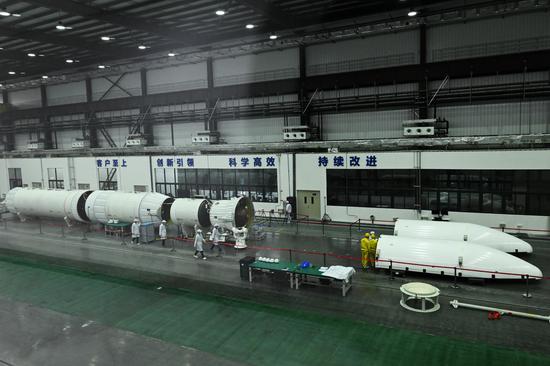
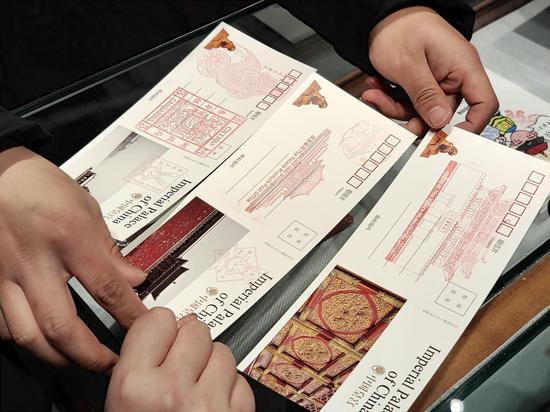

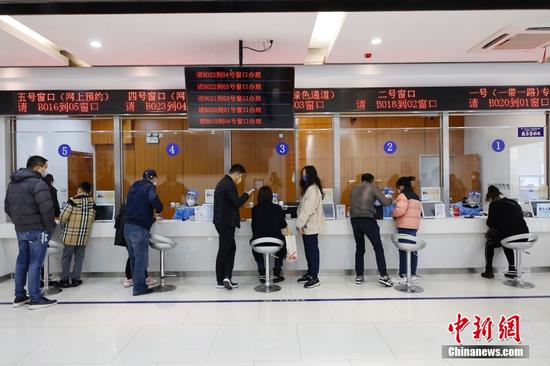

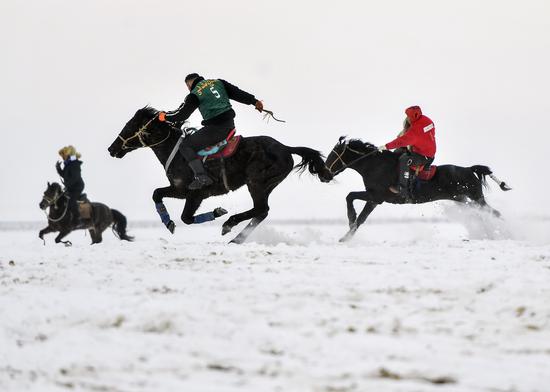
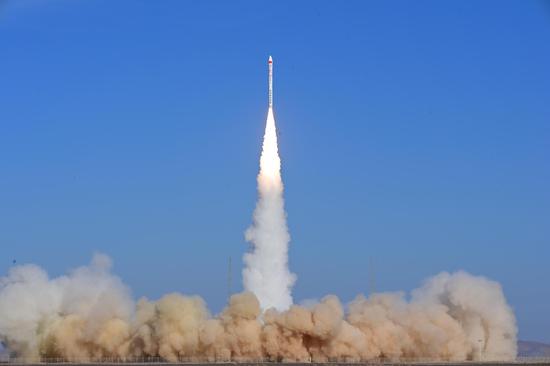
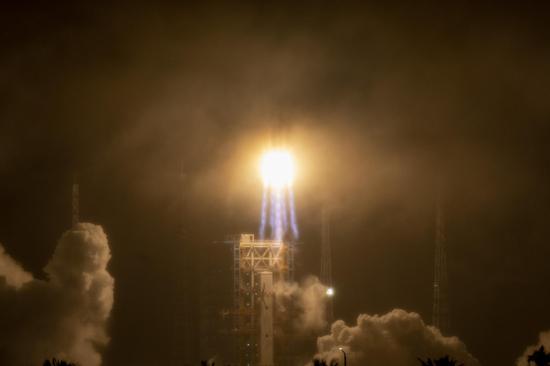
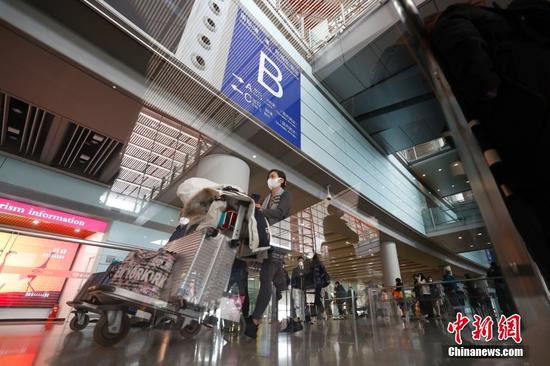

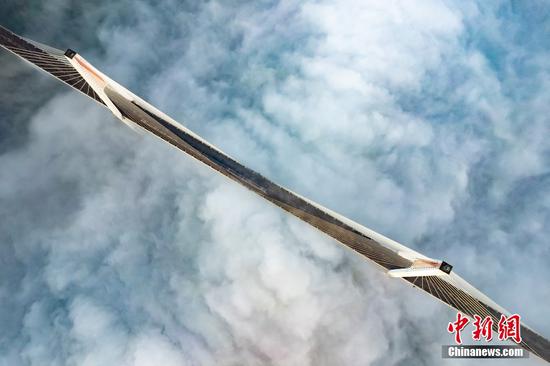
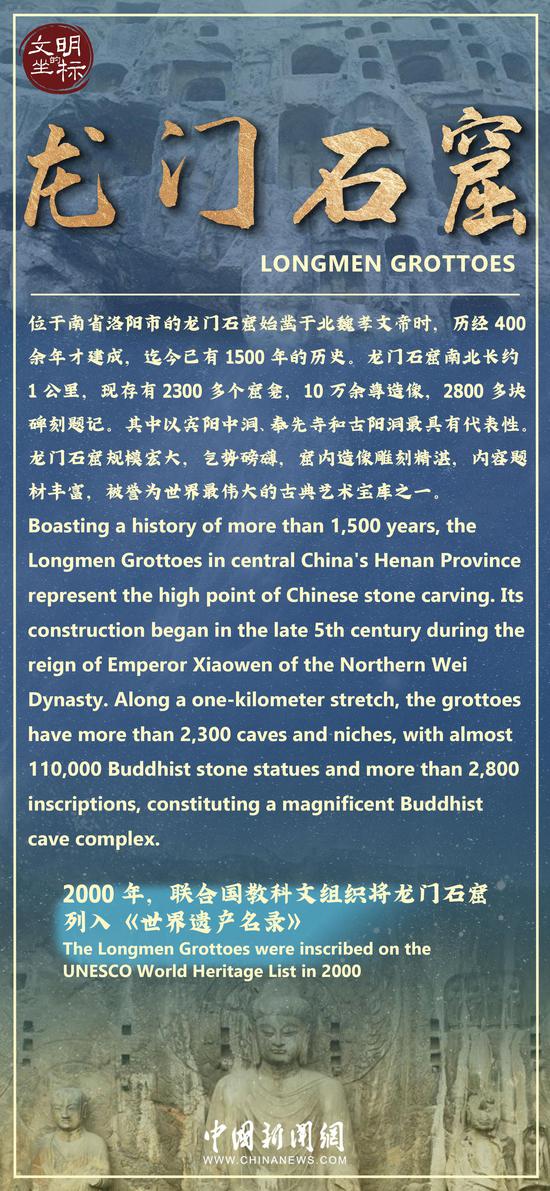
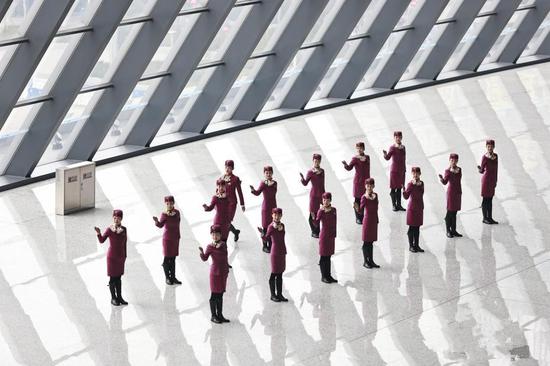
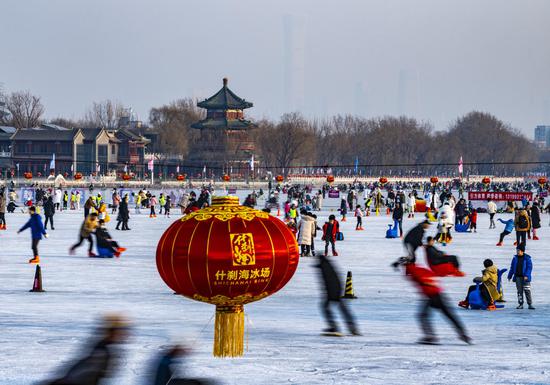
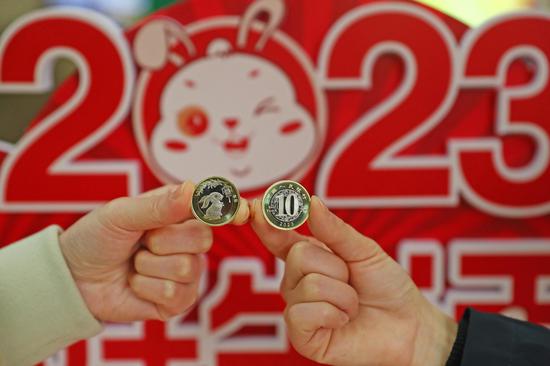
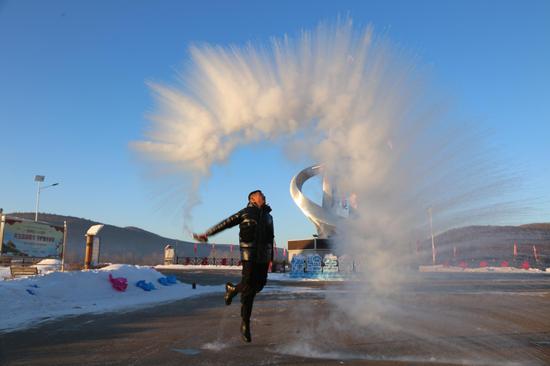
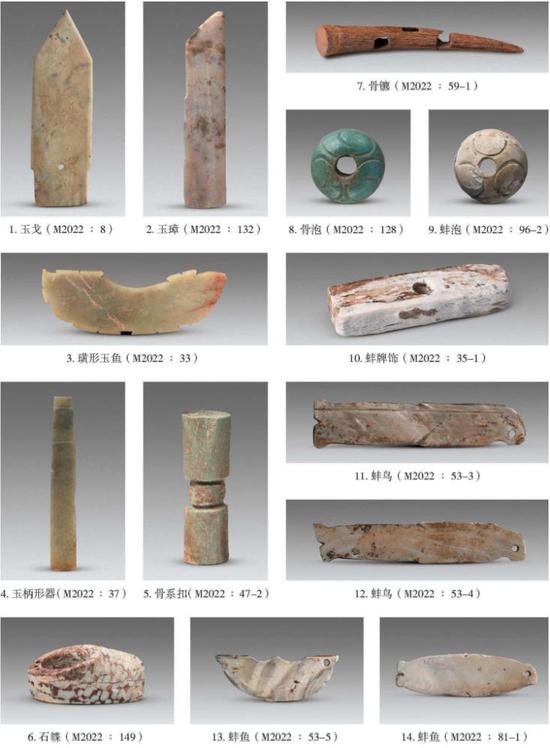

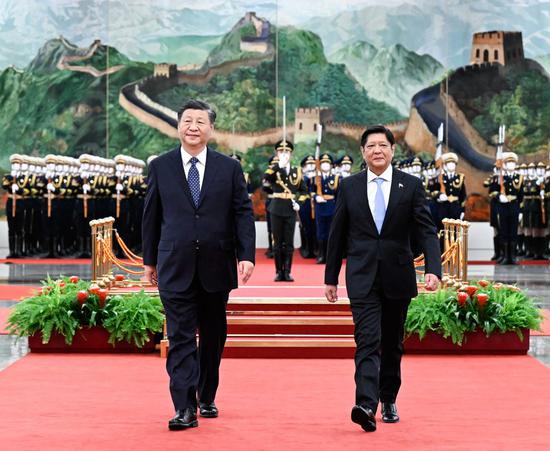
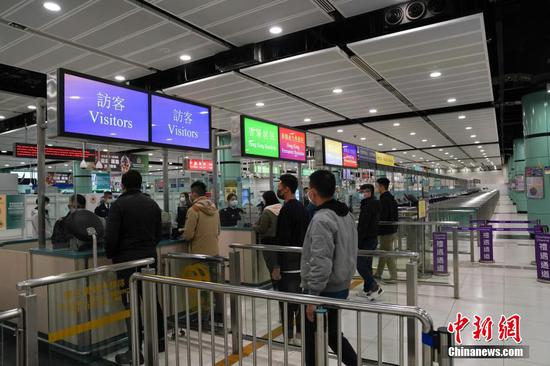
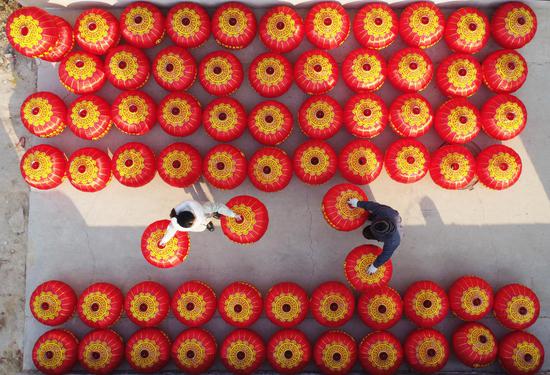





 京公网安备 11010202009201号
京公网安备 11010202009201号